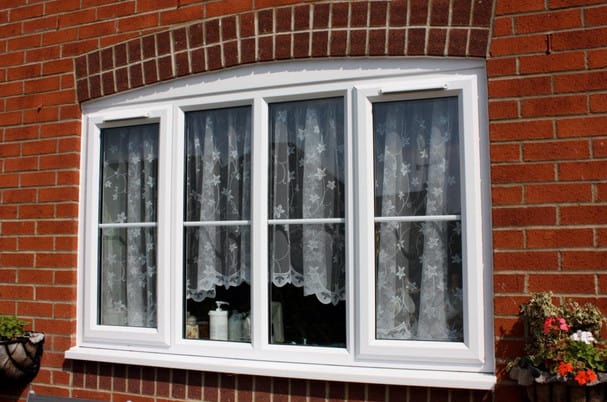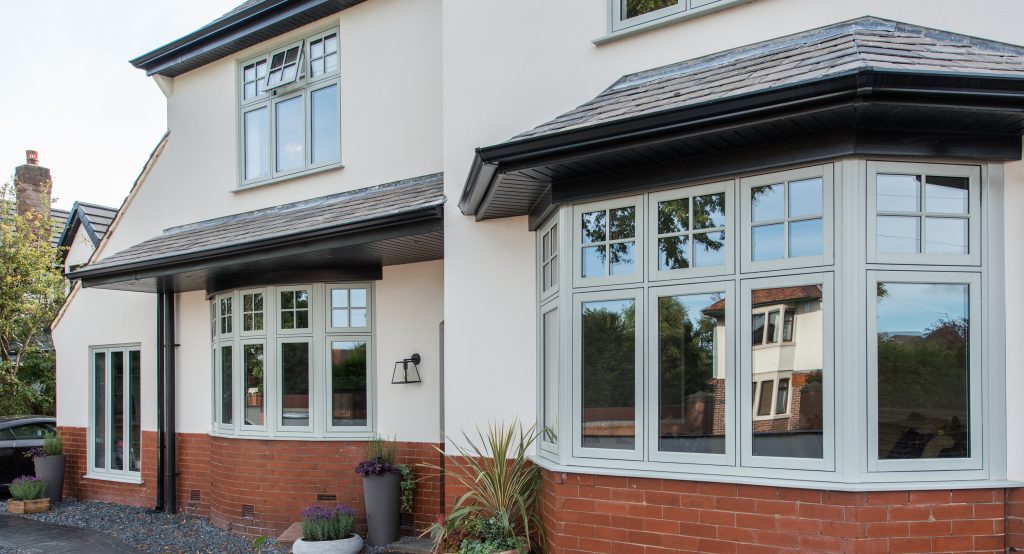All Categories
Featured
Table of Contents
Guide To Double Glazing – Functional And Energy Efficient in Wilson Western Australia
That window can transfer more solar heat in winter season than in summer season. A west-facing window on a summer season's afternoon has an angle of incidence from near 0 as much as 30 with a big efficient location of solar radiation. A north-facing window, in summertime, has a high angle of incidence and a low reliable area of solar radiation, so can transfer less heat than a west-facing one.

You can rapidly and quickly improve the thermal efficiency of your house by replacing your windows. There are thousands of types of glass and frames to select from.
The Ultimate Guide To Double Glazed Windows in Jolimont Western Australia
Single glazing with clear glass is not very effective when it comes to heat loss or gain. To enhance efficiency, you can utilize single glazing with a more energy-efficient type of glass such as low emissivity (low-e) glass.
The energy performance of IGUs also depends on: the properties of each layer of glass. Different glass types (for example, clear and low-e glass) can be put together in an IGU.
Insulated Glass Unit – Igu in Mundijong WA

IGU cavities can be filled with air or a more inert, low-conductivity gas such as argon the width of the cavity. Broader cavities supply lower (much better) U values, with 12mm typically accepted as the preferred space how well the cavity is sealed.
If argon is set up to the cavity in place of air, wetness is reliably left out the level of desiccant (drying representative). The spacer (metal or polymer strip) that separates the glass layers includes a desiccant to soak up any moisture. Inadequate desiccant may trigger wetness to condense on the glass surface area in cold conditions, reducing thermal efficiency.
Faq in Henley Brook WA
In fact, IGUs can provide better energy performance for all climates, especially in heated and air-conditioned homes. Cross-section information of single, double and triple-glazing units Low emissivity glass (typically understood as low-e glass) minimizes heat transfer. Low-e glass may be either high or low transmission: High transmission low-e glass has a covering that permits daylight from the sun to pass into your house to attain excellent solar heat gain, but decreases the quantity of the long wavelength infrared heat that can escape back through the window.
Low-e glass has either a pyrolytic covering or a vacuum-deposited thin film metal finishing. Pyrolytic coatings are long lasting and can be utilized for any glazing; vacuum-deposited finishings are soft and are only utilized within IGUs. Low-e finishes can substantially enhance both U worth and SHGC; however, they must be used properly or they will either degrade or fail to carry out as required.
Window Glazing For Households - Energy in Bedford WA
Low-e coatings can be used in combination with clear, toned or reflective glass. Low-e finishes on glazing can lower heat transfer where required Photo: Department of Market, Science, Energy and Resources Toned glass has colouring additives consisted of throughout manufacture. It is available in numerous colours, normally bronze, grey, blue and green.
Latest Posts
Window Glazing For Households - Energy in Myaree WA
Why You Need Secondary Glazing In The Summer in Madeley WA
Secondary Glazing: Is It Worth It? in Applecross Perth